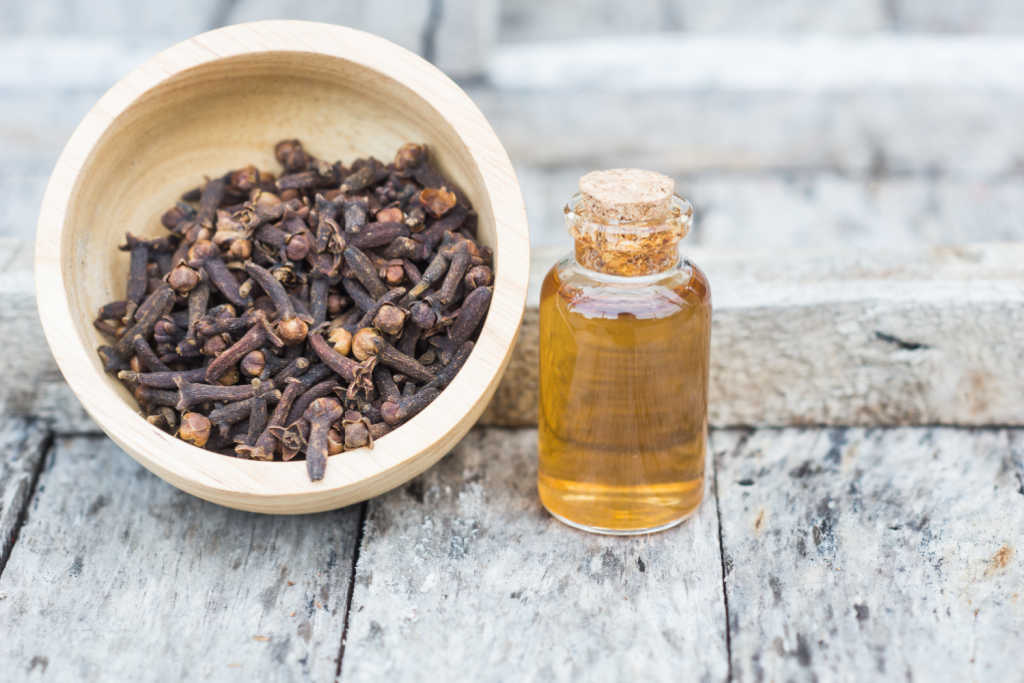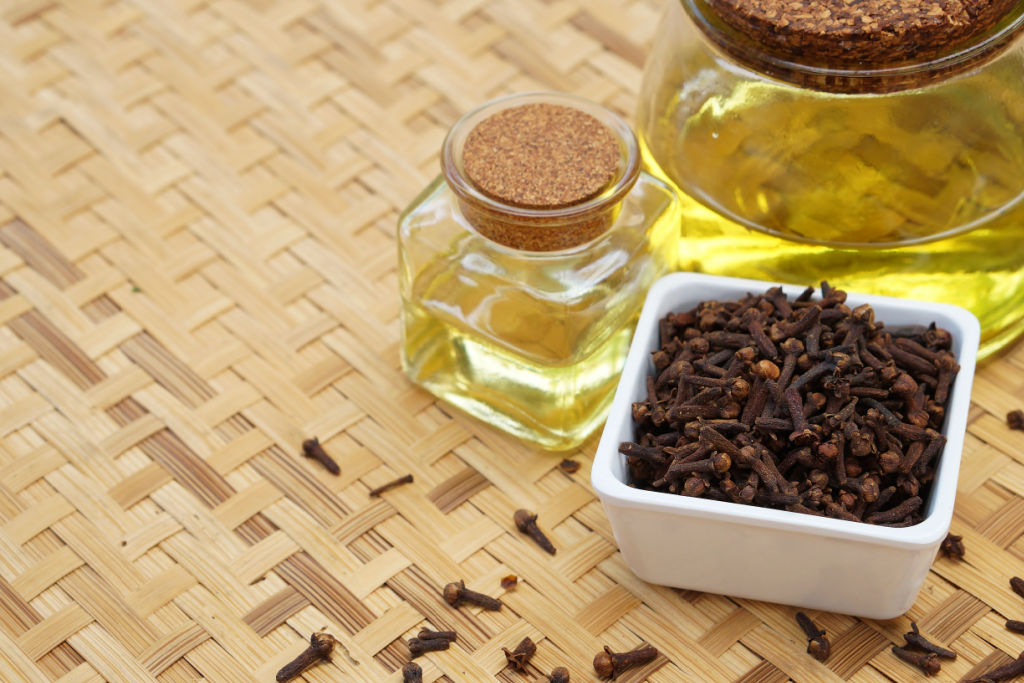Clove oil benefits are numerous and include a range of uses, from anti-fungal and antiviral to natural anaesthetic and pain reliever. Let’s take a look at some of these benefits. First of all, clove oil is antiseptic, which means it’s good for wounds, cuts, and fungal infections. You can also use it to treat a sore throat and sinusitis, according to some studies.
Antifungal
Clove oil has many health benefits, including being effective at killing yeast infections. It also has antimicrobial, antiviral, and stimulating properties. The predominant compound found in clove bud oil is eugenol, which is responsible for its beneficial effects. It can also boost your immune system and help you fight off the common cold and flu.

The essential oil of clove has antifungal properties that can inhibit the growth of dermatophytes fungi. It can effectively kill both mycelial and spore-forming forms of these organisms. Clove essential oil can be applied directly to the skin for an antifungal effect.
Antiviral
Researchers have found that clove oil has antiviral benefits for the body. It is also useful as a food preservative and has antioxidant activity. Clove is a medicinal plant with many traditional uses. It is native to Indonesia and is cultivated throughout the world, including in Brazil. Clove is a rich source of phenolic compounds including eugenol acetate.

Another benefit of clove oil is its antiseptic properties. It is useful for healing cuts, wounds, athlete’s foot, and fungal infections. It can also be used to treat insect bites. However, it is important to dilute the oil before using it topically.
Pain reliever
There are many benefits to using clove oil as a pain reliever. Its analgesic effects have been linked to the compound eugenol, which inhibits the action potential of the sciatic nerve in animals and has been shown to have anti-inflammatory and anti-allergic properties. In addition, it has been shown to reduce paw oedema in a carrageenan-induced model of inflammation.

Although clove oil has many benefits, it is still considered a risky substance. The Food and Drug Administration (FDA) has issued a cautionary note regarding its use. It’s not recommended to use it in children or for people with bleeding problems. You may want to try diluted clove oil or seek medical advice.
Natural anaesthetic
Clove oil has many benefits, including anaesthetic and anti-inflammatory properties. It is traditionally used to treat digestive upset, pain, and respiratory conditions. Research shows that it may also help fight cancer and treat infections. However, it is always best to consult a doctor before using it.

As a topical anaesthetic, clove oil can be applied to the gums to relieve toothache pain. It is also recommended for dry sockets, a condition that occurs when a permanent tooth is extracted. The antimicrobial and anti-inflammatory properties of clove oil make it a promising replacement for benzocaine, a commonly used topical anaesthetic in dentistry. It has also been used as a soothing balm for teething infants.
Diluted with a carrier oil
Clove oil has a number of health benefits, but it is important to dilute it with a carrier oil before using it topically. It should not be used by pregnant women, nursing mothers, or people who are taking certain medications. It should also be avoided by those with bleeding disorders and peptic ulcers. Also, people who are at high risk of heart attack or heart disease should avoid using it topically.

Clove oil is an excellent topical treatment for toothache. Various points in the mouth can be numbed with a few drops of clove oil mixed with coconut or olive oil. For maximum benefit, use 15 drops of clove oil to an ounce of carrier oil. It is important to dilute the oil with carrier oil so that it doesn’t irritate the skin or cause any allergic reaction.
Can be used topically
Clove oil has numerous health benefits, including anti-inflammatory and anti-bacterial properties. In studies, it has been shown to inhibit the growth of bacteria that cause oral thrush, athlete’s foot, and vaginal yeast infections. Its antibacterial properties are believed to be caused by the eugenol in clove oil. In another study, researchers from the Toyama Medical and Pharmaceutical University found that a combination of clove oil and acyclovir effectively treated herpes simplex virus infections in mice. Another study found that an essential oil blend containing clove oil and acyclovir significantly reduced the production of viral proteins.

For external application, clove oil can be mixed with carrier oil like coconut oil. However, it should be used topically for no longer than two weeks. You can buy clove oil from herbal and health food stores, as well as online. When selecting clove oil, make sure to purchase therapeutic-grade oil from a reputable supplier. The active ingredient, eugenol, is a natural anaesthetic and anti-inflammatory, making it excellent for treating a variety of oral ailments.
Can be diffused
The benefits of clove oil are many, and one of them is that it’s a great insecticide. You can diffuse the oil indoors or outdoors by using a diffuser. It’s also good for your immune system, especially during the cold and flu season. The best way to diffuse clove oil is to use it in a diffuser, but you can also add two or four drops to a spray bottle.

Clove oil can also be used as a topical treatment for pain. It’s great for overworked muscles or joints and helps reduce soreness and swelling. Just make sure that you dilute the oil before applying it to your skin. Because the oil is strong, it’s not recommended for use in children under two. In addition, don’t use it on your skin during pregnancy.
